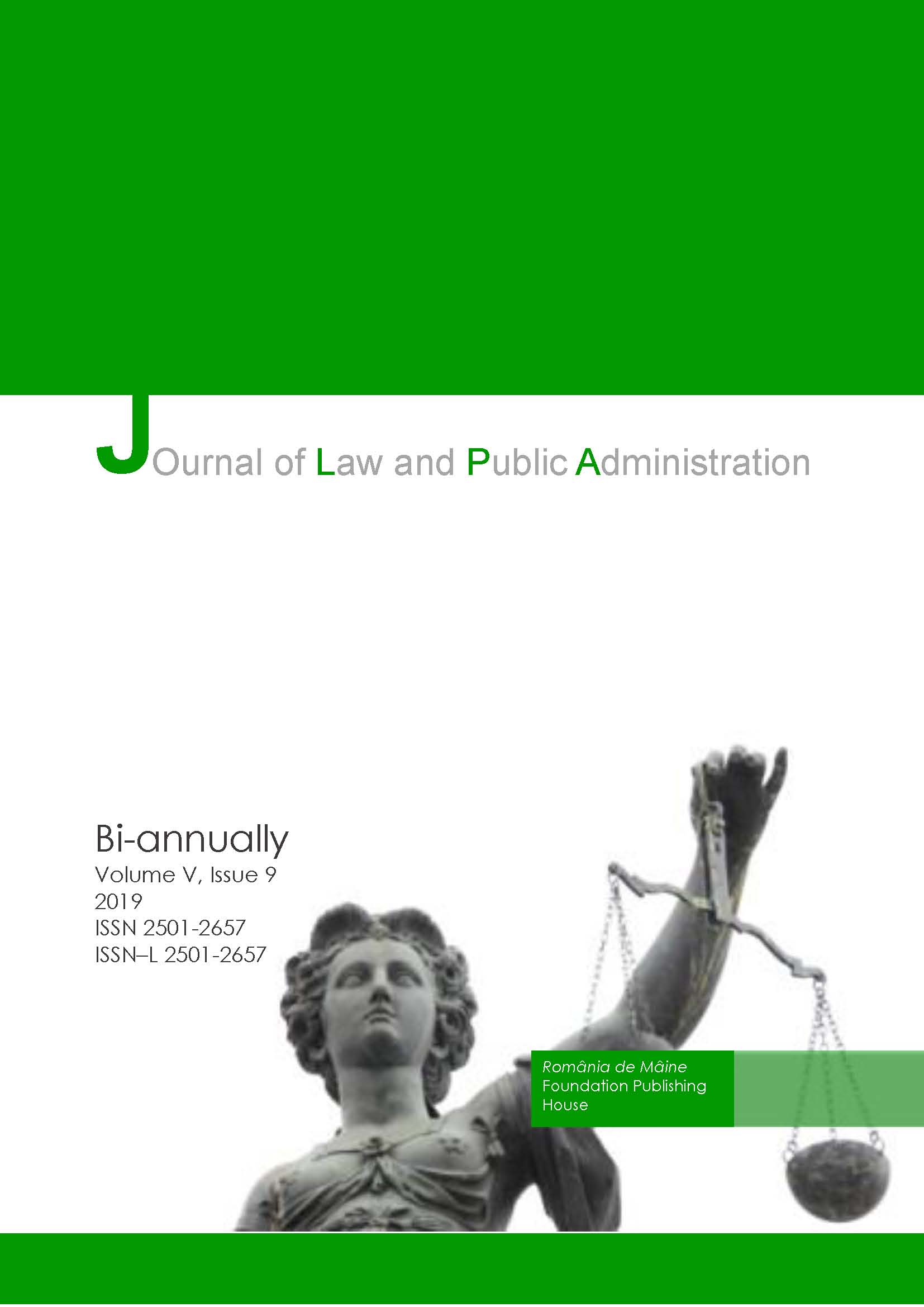The Origin and Evolution of Civil Society (II): The Concept of Civil Society as the Equivalent of the Politically Organized Society versus the Natural State of Society
The Origin and Evolution of Civil Society (II): The Concept of Civil Society as the Equivalent of the Politically Organized Society versus the Natural State of Society
Author(s): Anca Bădescu, Mihai BădescuSubject(s): Law, Constitution, Jurisprudence, Civil Law
Published by: Editura Fundaţiei România de Mâine
Keywords: civil society; State; evolution; historical development; natural state;
Summary/Abstract: The study as a whole aims to present the origin and evolution of a concept of great importance in the development of social communities, at any time in history and on any spatial coordinate. The first part of the study –“Civil Society in the Ancient Epoch”– was published in the previous issue of the Journal of Law and Public Administration (Volume IV, Issue 7, 2018). In this issue of the journal, we will tackle another part of the study, titled “The Concept of Civil Society Regarded as the Equivalent of a Politically Organized Society versus the Natural State of Society.” Several ideas and conceptions of the thinkers of the time will be taken into consideration (17th – 19th centuries) which laid the foundations for what was later called “civil society.” Thomas Hobbes, Baruch Spinoza, John Locke, Charles Louis de Montesquieu, Jean Jacques Rousseau, Immanuel Kant, together with other representative authors, contributed to the elaboration and shaping of the concept of civil society.
Journal: Journal of Law and Public Administration
- Issue Year: V/2019
- Issue No: 9
- Page Range: 36-49
- Page Count: 14
- Language: English

